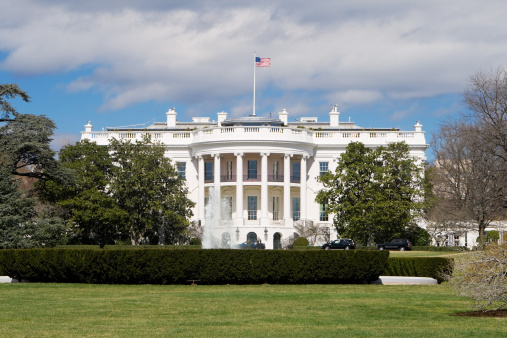One of the theories about how the budget, debt ceiling and the funding of the Affordable Care Act (ACA) conflicts may be resolved involves a meltdown of the stock market. If hundreds and hundreds of billions of dollars melt away in a few hours and the Dow Jones Industrial Average (DJIA) falls by hundreds of points, perhaps this very public disaster would affect activity in Washington. So, how far does the market have to fall?
There are two premises behind a stock market crash effect. The first is that huge headlines would conjure up Black Monday on October 19, 1987, and other record drops. The U.S. market tumbled almost 23% that day. Less well remembered was the catastrophe overseas. Hong Kong’s Hang Seng fell more than 45%. The crisis was a global event, not just a local one.
The second and more persuasive argument is the amount of wealth that would be shattered in such a short period. Individual investors may not control trading in the markets anymore because their participation is so small. But the ripples that reach them thought mutual funds, exchange traded funds (ETFs) and direct holdings would be something akin to the housing crisis played out in an instant. When people watch much or all of their savings disappear, the eventual and likely fast effect on consumer spending and confidence would cause an instant outcry about what Washington had done to destroy the personal wealth that was rebuilt from the market bottom in March 2009.
The other immediate problem a crash could cause would be the crisis among institutions, both governmental and corporate. Pension values would fall, at least to the extent that some municipal and company funds still hold substantial equity positions. The access to capital provided by healthy stock prices would be gone. The IPO market would dry up in an instant.
Among the difficult parts of gauging a stock market shock is how much of a drop is enough, at least as seen from Washington. The DJIA has risen from just over 11,000 in November 2011, largely on the basis that the economy and earnings would recover from their depths two years earlier. With the DJIA at almost 15,000, some large portion of that would have to be reversed. Maybe half of the difference — 2,000 points — would be enough. That number is 13%, and not shockingly large — unless the dive was spread over just a few days.
A government shutdown, or even a default, might start ruining the economy. That would not happen overnight. A stock market crisis would.
100 Million Americans Are Missing This Crucial Retirement Tool
The thought of burdening your family with a financial disaster is most Americans’ nightmare. However, recent studies show that over 100 million Americans still don’t have proper life insurance in the event they pass away.
Life insurance can bring peace of mind – ensuring your loved ones are safeguarded against unforeseen expenses and debts. With premiums often lower than expected and a variety of plans tailored to different life stages and health conditions, securing a policy is more accessible than ever.
A quick, no-obligation quote can provide valuable insight into what’s available and what might best suit your family’s needs. Life insurance is a simple step you can take today to help secure peace of mind for your loved ones tomorrow.
Click here to learn how to get a quote in just a few minutes.
Thank you for reading! Have some feedback for us?
Contact the 24/7 Wall St. editorial team.